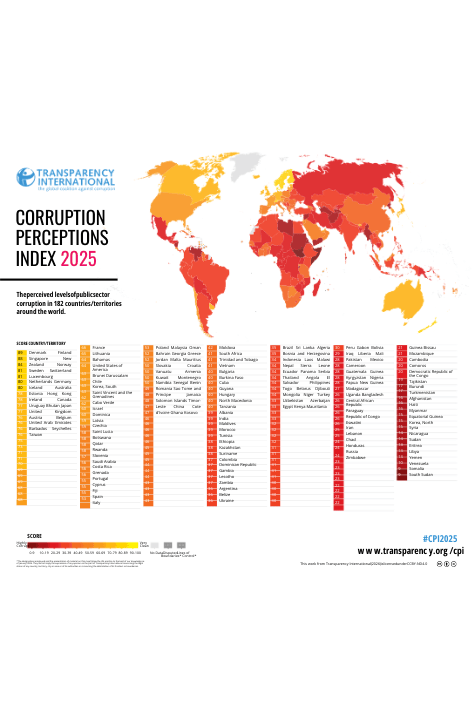A major development in media regulation in Turkey has been the Amendment on Law on the Regulation of Publications on the Internet and Suppression of Crimes Committed by Means of Such Publications, also known as the “Social Media Law”.
The Social Media Law introduced a new definition for social network providers, which encompasses social media companies that provide a platform for users to create, view and share content – thus having a direct impact on a number of “new media” sources. Having defined social network providers, the law imposed several obligations; notably the obligation to appoint a representative in Turkey to act as a contact between foreign social network providers and Turkish authorities. Please see our previously published notices for the full set of Social Media Law obligations.
The obligation to appoint a local representative commenced on October 2, 2020, following the publication of the clarifying principles and procedures by the Information and Communication Technologies Authority. Failure by foreign social network providers to appoint a local representative is sanctioned in accordance with a five-tier system.
The first two tiers of sanctions were applied against social network providers who failed to appointed representatives within the respective deadlines of 30 and 60 days as of October 2, 2020. The upcoming tiers of sanctions involve stricter measures, including a blanket prohibition of advertising and an eventual throttling of bandwidth by up to 90%. For non-compliant social network providers, the ban on advertising is expected to come into effect in January and bandwidth restrictions are expected to be implemented in May.
The impact that these more severe sanctions may have on the business models of social network providers has become more apparent, with several social network providers said to be closer to appointing local representatives. An indication of this potential change in stance was evident in YouTube’s announcement that it will be establishing a local representative. However, there is an expectation that some of the larger social network providers may still refuse to comply; with one theory being that acquiescing to such an obligation may be viewed as the first domino in a sequence that will require mandatory local representation in other jurisdictions. As such social network providers have become an integral part of the Turkish media and advertising industries, there will be an obvious economic impact on both the platforms and businesses that rely upon them. Therefore, the first half of 2021 will be significant in seeing the extent to which the ongoing game of regulatory tug-of-war will continue.
This article was first published on Media Law International in February 2021. See here.



